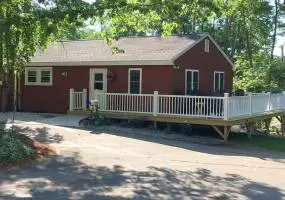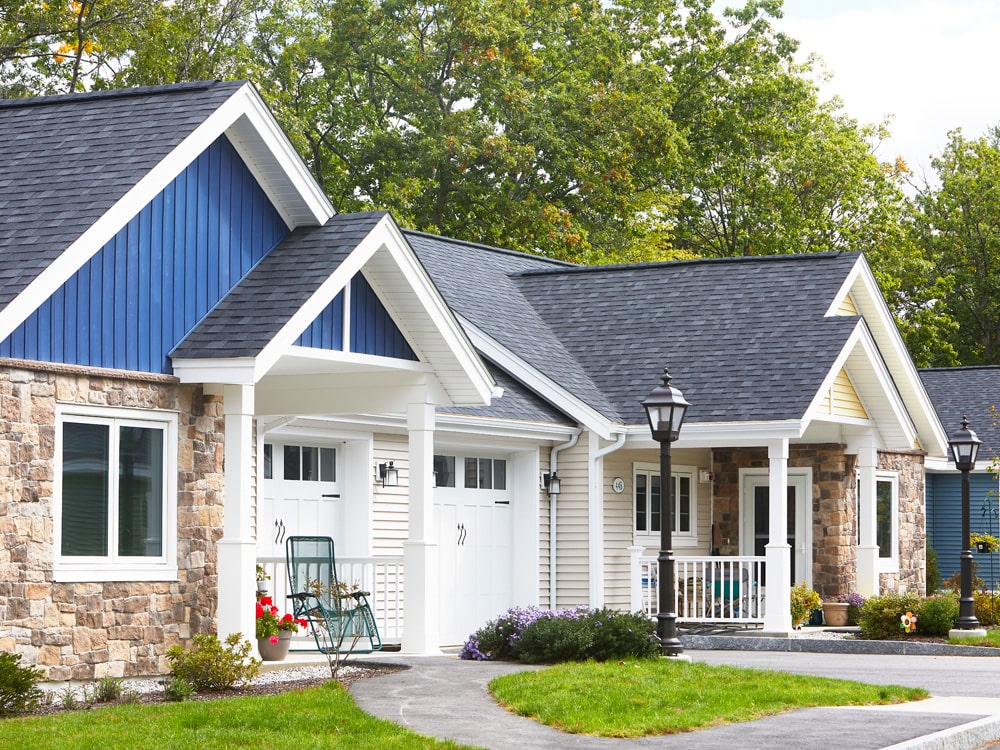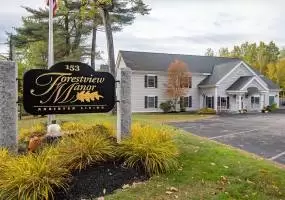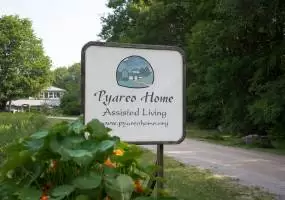![]()
Determining when it’s appropriate for an aging loved one to transition to assisted living can pose challenges. If they require support with daily activities or are experiencing social isolation, it might be time to explore assisted living options. While many families hesitate to consider long-term care facilities, the ongoing strain of independent living can be taxing for both seniors and their relatives.
To help gauge whether assisted living is the right choice for your loved one, consider these common indicators suggesting they may benefit from joining an assisted living community.
Assistance with Activities of Daily Living (ADLs)
As individuals age, they may encounter mobility issues, chronic health conditions, or memory decline, making daily tasks challenging. These activities, encompassing both basic and instrumental daily functions, include:
- Bathing, grooming, and personal hygiene
- Dressing and maintaining appearance
- Toilet use and incontinence management
- Mobility, such as transferring in and out of chairs or beds
- Home navigation and mobility
- Laundry and housekeeping chores
- Meal preparation and grocery shopping
- Medication management
- Financial management
- Communication skills and transportation coordination
Assisted living caregivers provide non-medical support with ADLs and instrumental activities, ensuring residents receive respectful, age-appropriate assistance. Services typically include housekeeping, laundry, and nutritious meals, alleviating the burden of daily chores. While many seniors can still manage some ADLs independently, they may require assistance with tasks posing a fall risk, like bathing or using the toilet.
Social Isolation
Beyond personal care needs, seniors often seek assisted living for the sense of community it offers. Social isolation is prevalent among independent older adults, particularly those grappling with mobility limitations or the loss of a spouse. Loneliness can lead to depression, weight fluctuations, and nutritional deficiencies.
Assisted living communities address this by providing daily recreational activities, communal meals, and social events, fostering opportunities for residents to form friendships and engage with staff and peers. The presence of compassionate caregivers nearby offers reassurance to both residents and their families, ensuring support is readily available whenever needed.
By recognizing these signs and considering the benefits of assisted living, families can make informed decisions that prioritize their loved one’s safety, well-being, and social fulfillment.
NH Assisted Living By Region
- Bedford NH Assisted Living
- Manchester NH Assisted Living
- Portsmouth NH Assisted Living
- NH Seacoast Assisted Living
- Lakes Region Assisted Care NH
- Sunapee NH Assisted Living
- White Mountains
- Monadnock
- Great North
- What’s the difference between assisted living and nursing care?
- Community spotlight: active adult living
- Your Type – Active Adult Living
1 Click the map to find assisted care retirement near you
All American Senior Living in Kingston, NH 03848 | Assisted Living
Kingston, New Hampshire, 03848
All American Senior Living in Kingston, NH 03848 | Assisted Living
All American Senior Living in Kingston, NH 03848 | Assisted Living
Harvest Hill at 23 Alice Peck Day Drive, Lebanon, New Hampshire 03766
Lebanon, New Hampshire, 03766
Harvest Hill at 23 Alice Peck Day Drive, Lebanon, New Hampshire 03766
Harvest Hill at 23 Alice Peck Day Drive, Lebanon, New Hampshire 03766
Windham Terrace at 3 Church Rd, Windham, New Hampshire 03087 | Price $
Windham, New Hampshire, 03087
Windham Terrace at 3 Church Rd, Windham, New Hampshire 03087 | Price $
Windham Terrace at 3 Church Rd, Windham, New Hampshire 03087 | Price $
Beaver Lake Lodge at 38 North Shore Road, Derry, New Hampshire 03038
Derry, New Hampshire, 03038
Beaver Lake Lodge at 38 North Shore Road, Derry, New Hampshire 03038
Beaver Lake Lodge at 38 North Shore Road, Derry, New Hampshire 03038
Pine Hill at 35 North Lowell Road, Windham, New Hampshire 03087 | Pric
Windham, New Hampshire, 03087
Pine Hill at 35 North Lowell Road, Windham, New Hampshire 03087 | Pric
Pine Hill at 35 North Lowell Road, Windham, New Hampshire 03087 | Pric
Havenwood Heritage Heights at 33 Christian Ave, Concord, New Hampshir
Concord, New Hampshire, 03301
Havenwood Heritage Heights at 33 Christian Ave, Concord, New Hampshir
Havenwood Heritage Heights at 33 Christian Ave, Concord, New Hampshir
Fairview Senior Living at 203 Lowell Road, Hudson, New Hampshire 03051
Hudson, New Hampshire, 03051
Fairview Senior Living at 203 Lowell Road, Hudson, New Hampshire 03051
Fairview Senior Living at 203 Lowell Road, Hudson, New Hampshire 03051
Covenant Living at 95 Wyman Road, Keene, New Hampshire 03431 | Price $
Keene, New Hampshire, 03431
Covenant Living at 95 Wyman Road, Keene, New Hampshire 03431 | Price $
Covenant Living at 95 Wyman Road, Keene, New Hampshire 03431 | Price $
The Courville at 44 W. Webster St, Manchester, New Hampshire 03104 | P
Manchester, New Hampshire, 03104
The Courville at 44 W. Webster St, Manchester, New Hampshire 03104 | P
The Courville at 44 W. Webster St, Manchester, New Hampshire 03104 | P
Langdon Place at 60 Middle Road, Dover, New Hampshire 03820 | Price $0
Dover, New Hampshire, 03820
Langdon Place at 60 Middle Road, Dover, New Hampshire 03820 | Price $0
Langdon Place at 60 Middle Road, Dover, New Hampshire 03820 | Price $0
Forestview Manor Parade Road, Meredith, New Hampshire 03253
Meredith, New Hampshire, 03253
Forestview Manor Parade Road, Meredith, New Hampshire 03253
Forestview Manor Parade Road, Meredith, New Hampshire 03253
Pyareo Home at 333 Brook Road, Sanbornton, New Hampshire 03269 | Price
Sanbornton, New Hampshire, 03269
Pyareo Home at 333 Brook Road, Sanbornton, New Hampshire 03269 | Price
Pyareo Home at 333 Brook Road, Sanbornton, New Hampshire 03269 | Price
2 Evaluating NH Assisted Living Communities










